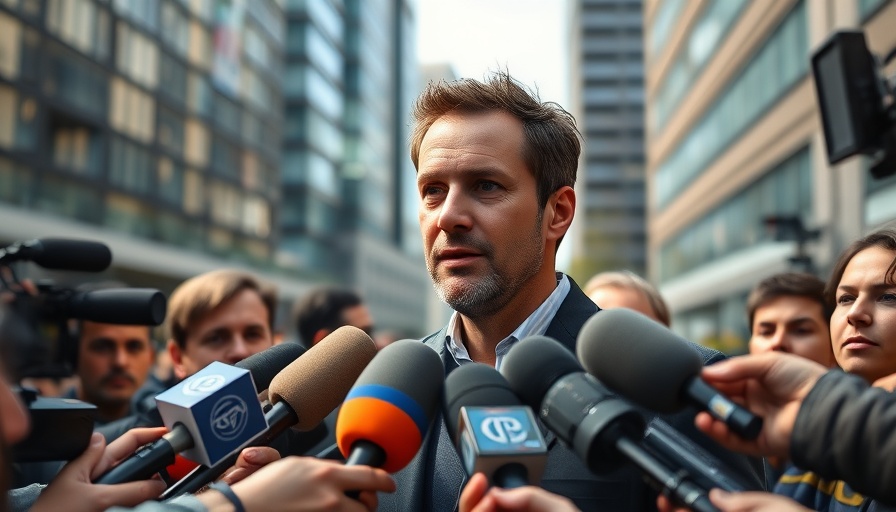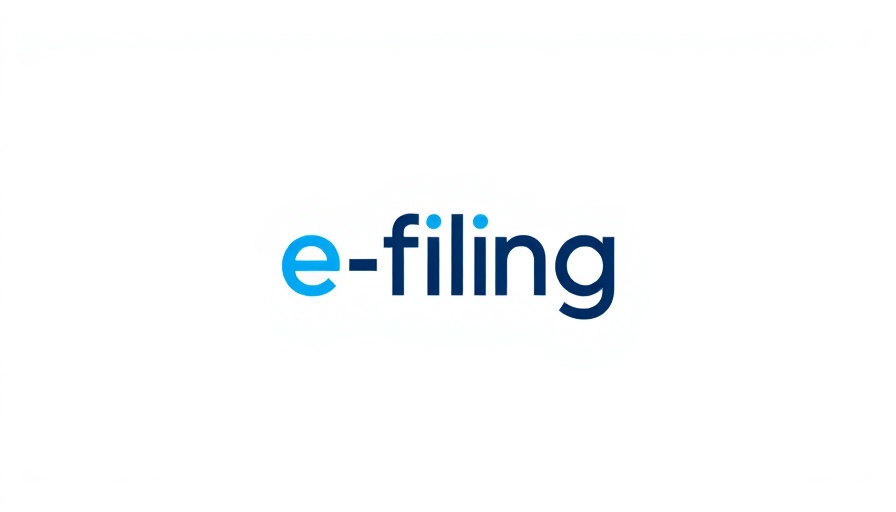
The 2027 Elections: A Strategic Importance for Lagos
With the 2027 general elections approaching, attention is increasingly focused on Lagos State, often regarded as the political epicenter of Nigeria. President Bola Tinubu, having deep roots in Lagos and significant influence in the region, will play a crucial role in determining the next governorship candidate. The stakes are high, as Lagos serves not just as a commercial capital but also reflects broader national trends in governance, democracy, and political strategies.
Meet the Contenders: A Changing Political Landscape
As preparations ramp up for the upcoming elections, several names have emerged as potential candidates for the governorship of Lagos. Among them is Gbadebo Rhodes-Vivour, a figure who has gained traction among opposition circles. His previous attempt to secure the governorship in 2023 positioned him as a leading opponent to Tinubu's party, though the landscape remains dynamic. The depth of political engagement in the state highlights the evolving nature of party allegiance and the citizen’s desire for governance that addresses issues such as corruption, economic growth, and youth empowerment.
The Dynamics of Tinubu's Influence
Tinubu's reach in Lagos politics cannot be overstated. Known as the 'Jagaban' of Borgu, his leadership has reshaped the political landscape, appealing to a diverse voter base. Observers are keenly analyzing his strategies, especially regarding the choice of his candidate. His past governance style hints at prioritizing individuals who champion infrastructural development, trade, and public welfare—factors critical to maintaining Lagos's reputation as an economic powerhouse.
Stronghold of Governance: Understanding the Implications
The legacy of governance in Lagos has implications that extend beyond state lines, impacting broader issues like the decolonization of governance approaches within Nigeria. It reflects how political leaders can nurture democratic values amid historical corruption and governance challenges. The choices made in the lead-up to the elections could signal a shift toward more inclusive governance and socioeconomic reforms critical for a developing Nigeria.
Challenges Ahead: The Need for Sustainable Development
As Lagos navigates the complexities of political candidacy, it faces pressing issues such as economic disparity, youth unemployment, and the ongoing challenges posed by urbanization. How these candidates address such issues will be pivotal in shaping their campaigns and, ultimately, their success on the ballot. The emphasis on sustainability, renewable energy, and innovative solutions appears paramount in meeting the aspirations of a growing electorate.
Future Predictions: What’s at Stake for Lagos?
Political analysts suggest that the next governor's policies will need to align with the dreams of the younger, more educated electorate. Their demands extend beyond economic growth; they include advocacy for human rights, gender equality, and digital transformation. The upcoming elections could serve as a litmus test for Nigeria’s democratic ethos, as Lagos has historically been a bellwether for national politics.
Inspirational Figures and the Fight Against Corruption
In this politically charged environment, inspirational figures surface, advocating for transparency and ethical governance. The stories of young innovators and leaders fighting against corruption offer hope and can enliven the political discourse. These narratives not only empower the electorate but also reignite a shared commitment to responsible governance.
Conclusion: Your Role in Shaping the Future of Lagos
As Lagos State prepares for a crucial electoral season, it’s vital for professionals and citizens alike to engage with the political process, ensuring that their voices are heard. The upcoming elections will significantly influence the trajectory of Lagos and, by extension, Nigeria. Stay informed, participate in discussions, and influence the choices that define your community's future.
 Add Row
Add Row  Add
Add 




Write A Comment